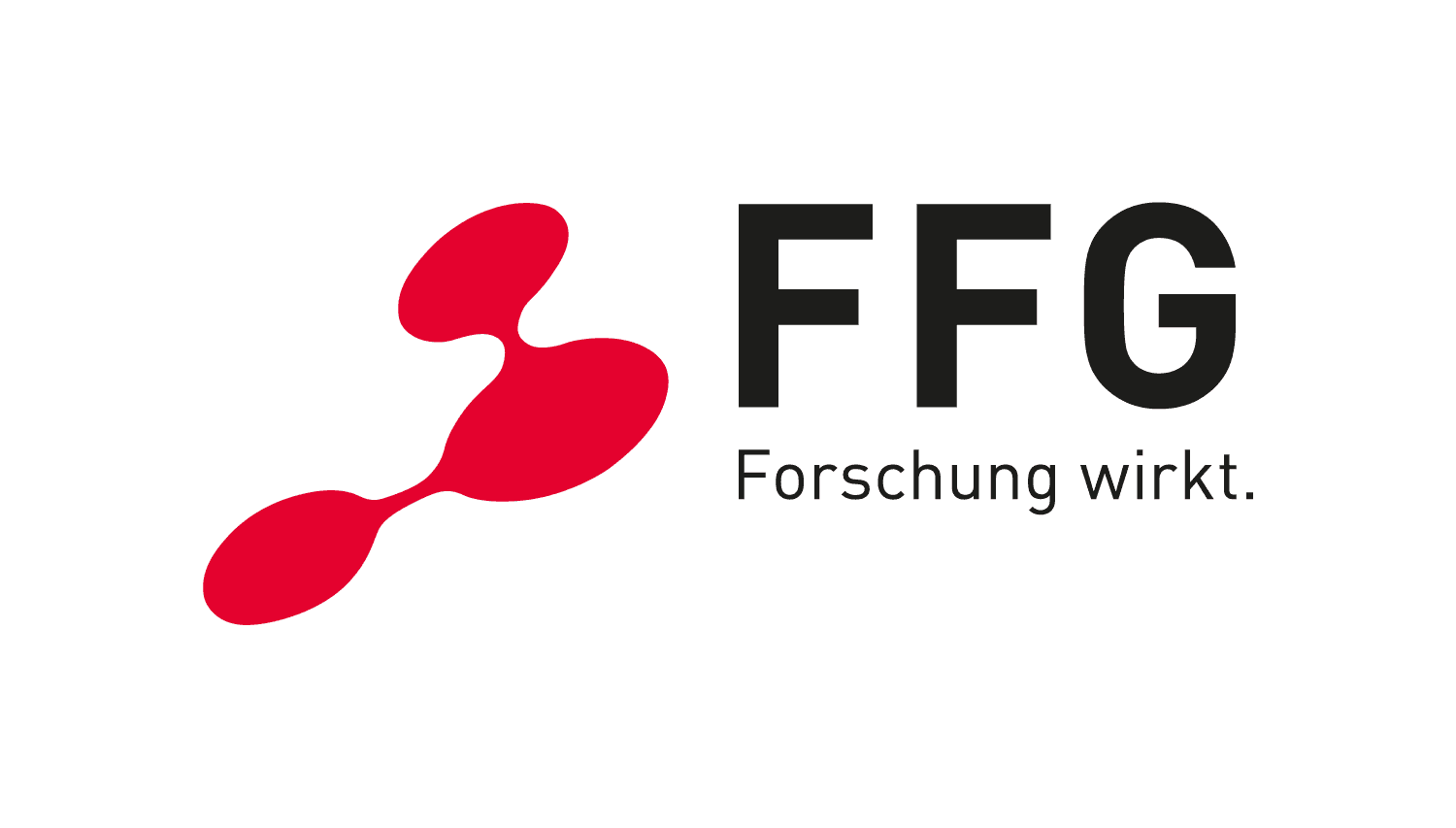Community-Based Flexible Low-Cost Energy Supply Concepts in Social Housing (SocialLowCostFlex)
Initial situation, problem and motivation: Due to the increasing number of decentralized, fluctuating energy generation plants in the context of the energy transition, our energy system is facing complex challenges. Various systemic developments and models offer new possibilities to jointly meet these challenges at the local or regional level, e.g. in the form of Local Energy Communities. However, implementation is usually associated with considerable costs, which excludes lower-income sections of the population. However, the energy transition must be comprehensive and also include this group, especially in view of the potential, as social housing in Austria has a share of 24% of the total housing stock with around 900,000 dwellings. Moreover, the resulting costs, such as rising energy prices or rent increases, have a particularly strong impact here. Current solutions, such as earmarked heating cost subsidies, may help the individual affected in certain areas, but they do not make a sustainable contribution either to those affected or to the energy transition. New low-cost solutions are therefore necessary to tap this potential.
Objectives and innovation content: The project therefore aims to develop feasible low-cost solutions that enable residents of multi-apartment buildings, especially social housing, to participate in and benefit from the energy transition and associated current developments (e.g. communal generation plants, flexibility use). For this purpose, acceptable, sustainable and socially viable concepts are developed together with the residents/users and based on their individual requirements, needs and living realities.
- Low-cost concepts for community generation plants (ElWOG §16a) and for the use of existing flexibilities (e.g. hot water storage) with minimally invasive interventions,
- as well as corresponding cooperation and business models, among other things as a sustainable measure against energy poverty
were developed for social housing and their feasibility was investigated using the concrete example of the SOZIALBAU housing complex in Vienna’s Anton-Krieger-Gasse.
Intended results and findings: The results of the project are low-cost concepts and business models for the implementation of communal energy production and use concepts in social housing that have been tested for their feasibility. These are based on the special requirements of the realities of life of low-income households and take into account the framework conditions of social housing, such as high tenant turnover and the need for minimally invasive solutions.
